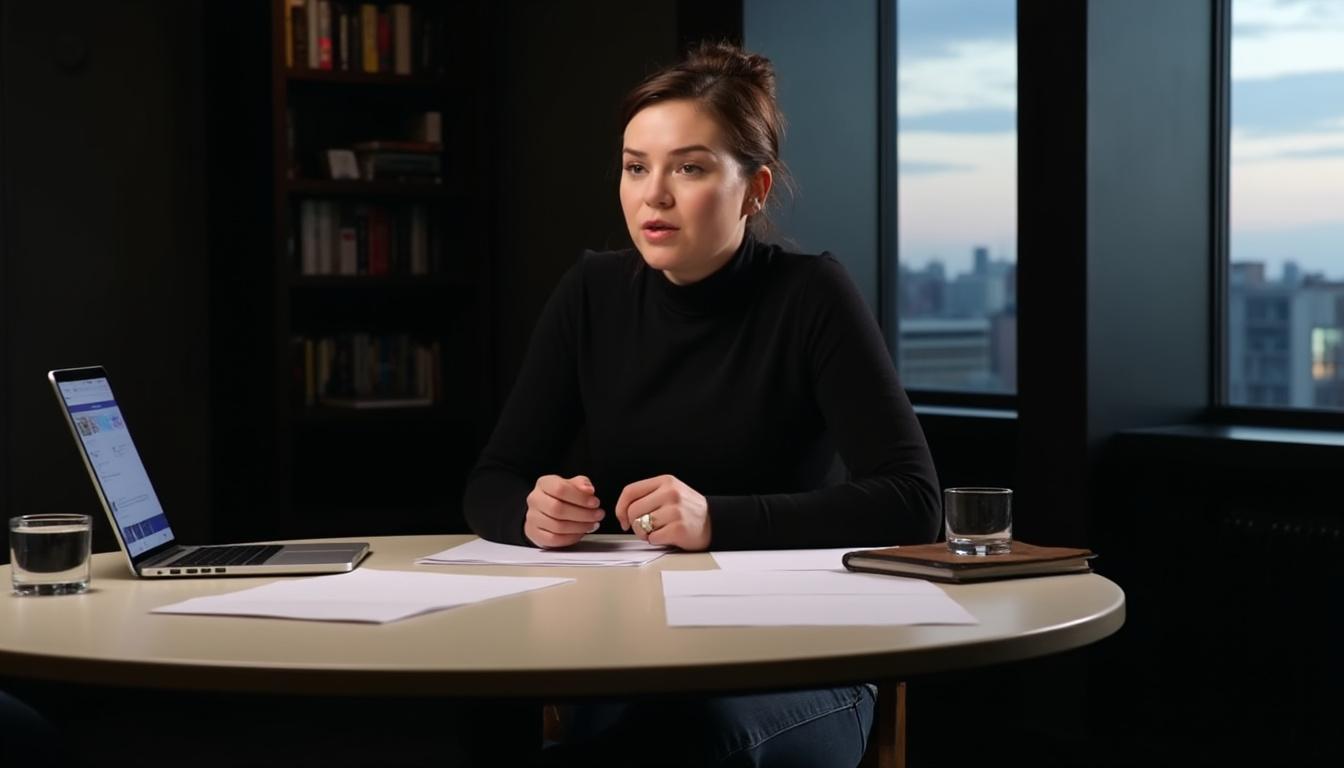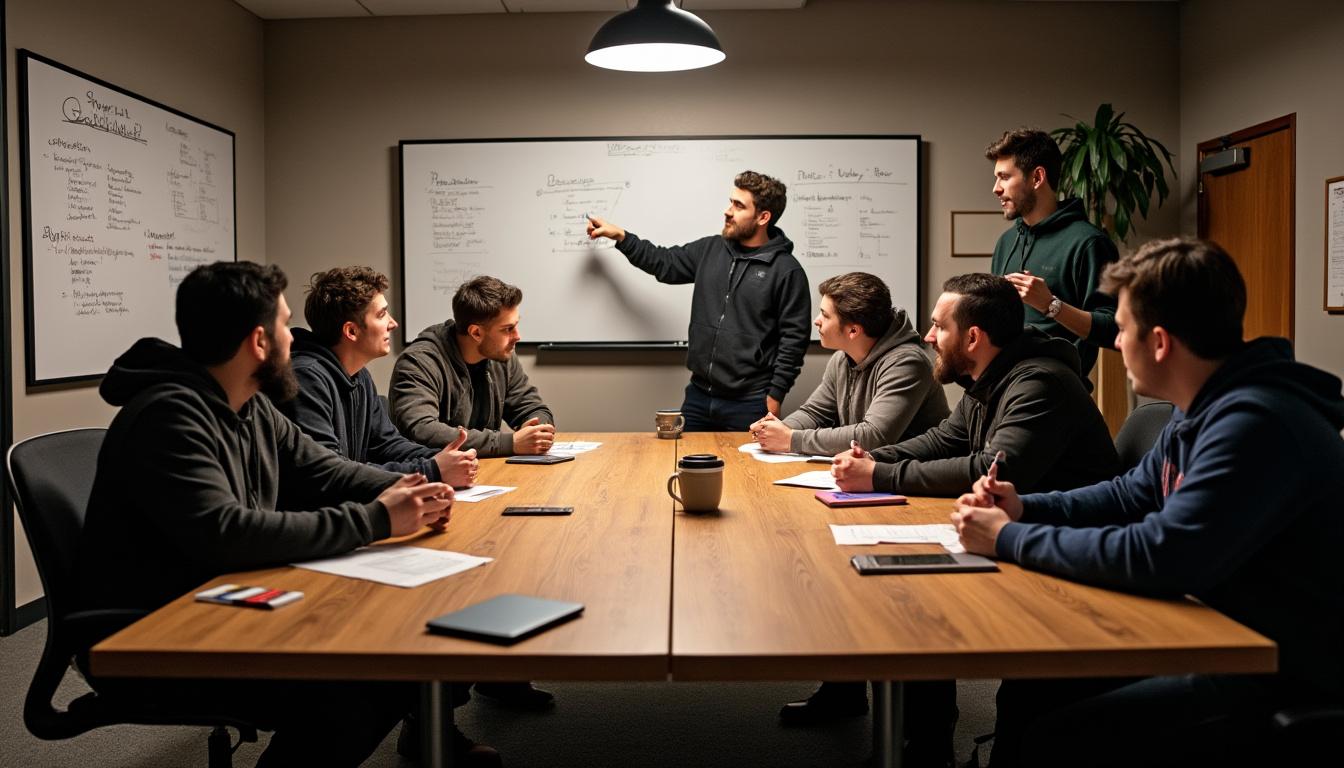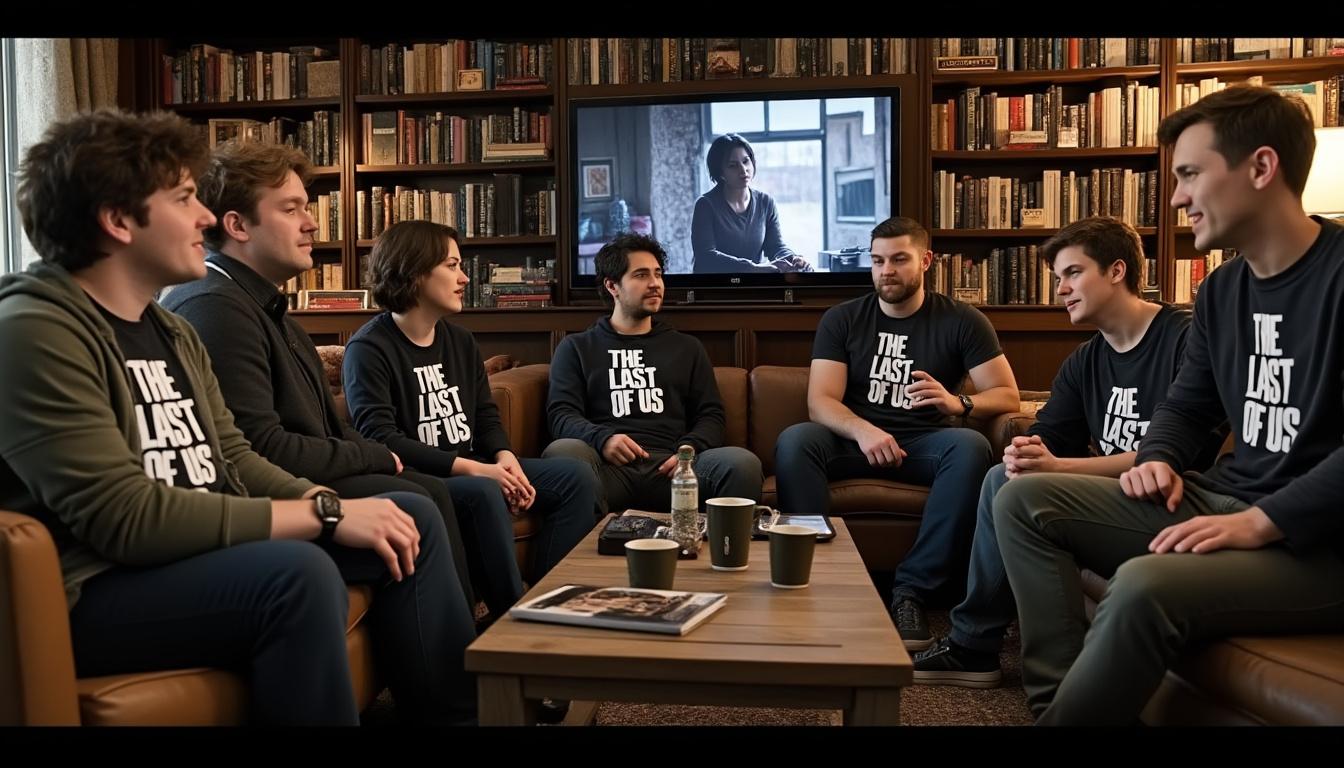The world of television adaptations is often rife with challenges, especially when transitioning beloved video game narratives into episodic formats. With HBO’s The Last of Us, a series inspired by the iconic game by Naughty Dog, expectations ran high, intertwining fan fervor with critical scrutiny. As the story progresses, particularly with the impending launch of Season 3, tension mounts among those who question its divergence from the original game. In a bold stand against the growing tide of criticism, Bella Ramsey, who portrays Ellie, urges fans and detractors alike to engage with the source material before passing judgment on the series. This clarion call reflects not only her investment in the role but also highlights the ongoing tumult in the intersection of multiple fandoms.
Bella Ramsey’s Rebuttal to Critics
Bella Ramsey has become the voice of resilience and reason amid vocal backlash against The Last of Us series. In a recent interview on The Awardist podcast, she touched upon the harsh critiques directed towards the adaptation. Despite the show’s Certified Fresh rating on Rotten Tomatoes, many viewers resorted to ‘review-bombing,’ expressing dissatisfaction with pivotal changes, notably the depiction of Joel’s (played by Pedro Pascal) brutal demise and Ellie’s evolving relationship with Dina. This has resulted in a significant disparity between its Tomatometer score of 91% and its current Popcornmeter rating, which sits alarmingly at just 31%.

Ramsey’s approach to the criticism has been refreshingly direct. She candidly admitted to not engaging deeply with the negativity surrounding them: “You don’t have to watch it. If you hate it that much, the game exists. You can just play the game again.” This assertion illustrates her understanding of both the dedicated gamer community and those who have embraced the television narrative. In many ways, her statement serves as both a shield for her creative team and a bridge encouraging fans to reconnect with the source material.
Ramsey’s challenge poses a thought-provoking question: What is the role of adaptation in storytelling? When transmuting the heavy themes and complex characters of The Last of Us, are creators obliged to adhere rigidly to the fan expectations set by the game? Or is artistic liberty a vital part of evolving the story? It’s a conversation that echoes within countless adaptations in film and television, where the clash of perceptions is often fueled by fervent nostalgia. For avid fans who have grown up with PlayStation classics, the transition to screens might feel jarring, but it simultaneously invites a new audience into the fold.
Understanding the Emotional Depth of the Narrative
One of the most profound elements of the narrative lies in its exploration of struggled human connections in post-apocalyptic settings. The Last of Us dives deep into themes surrounding love, loss, and survival—each of which resonates emotionally with the audience. Ramsey’s portrayal encapsulates the complexity of Ellie’s character, infusing her with strength and vulnerability that has garnered praise.
- Joel’s Death: A pivotal moment that shifted audience perceptions dramatically.
- Ellie and Dina’s Relationship: A fresh angle that reflects contemporary social narratives.
- Character Complexity: The emotional arcs across seasons shedding different lights on familiar figures.
With Ramsey’s upcoming portrayal in Season 3 of a new focus on Abby Anderson, portrayed by the talented Kaitlyn Dever, the narrative promises to shift gears, promising to keep fans on their toes. Abby—originally introduced as an antagonist—adds layers of complexity and provides divergent perspectives within the storyline. This narrative shift is risky but implies a thorough investment in enriching the show’s depth.
The Shift in Creative Direction
The upcoming Season 3 sees significant changes behind the scenes as well. With Neil Druckmann, co-creator and director of the game, stepping away from active involvement in the show along with producer/writer Halley Gross, the creative helm is now solely in the hands of Craig Mazin, known for his remarkable work on the acclaimed series Chernobyl. These changes ignite fresh conversations about the tonal and creative direction of the series moving forward.

Adaptations inevitably invite diverse interpretations, splintering fan bases into factions that defend the source material and others who embrace new forms of creative expression. But with Mazin onboard and a renewed focus on character development and emotional depth, there’s a genuine intrigue surrounding the forthcoming narrative choices. Viewers anticipate how Abby’s deeper exploration will entangle with Ellie’s journey in a world filled with Cordyceps-infected chaos.
Evaluating the existing landscape of The Last of Us, it’s important to acknowledge some potential pathways regarding character dynamics and settings, for an enhanced viewing experience:
- Redefining Relationships: How new alliances and tensions can impact viewer perceptions.
- Expanding the Universe: Explore new locations and narrative structures through fresh character perspectives.
- Interweaving Original Themes: Retaining the emotional core while exploring new problems and solutions.
As fans grapple with the implications of these changes, Ramsey’s poignant reminder to engage with the source material offers a path for richer understanding. For those steeped in the world of Sony Interactive Entertainment games, it may be worth revisiting the original as the narrative grows complex.
The Intersection of Fandom and Critique
The intersection of fandom and critique creates a fascinating dichotomy within contemporary storytelling. On one hand, there exists a passionate desire among fans to protect the integrity of cherished narratives, while on the other hand, there is an emerging divide between traditional storylines and reinvented portrayals that resonate with broader audiences. Ramsey’s statement highlights this tension: “If you do want to watch it, hope you enjoy it.”

This conversation extends beyond The Last of Us, becoming a reflection of a larger cultural phenomenon where adaptations continuously battle the weight of legacy against the freedom of creative direction. As the fan-driven discussion grows, it prompts an examination of how deeply tied audiences feel to the narratives they treasure. The emotional responses elicited from changes can lead to divisive reactions. The question persists—what can creators do to balance these perspectives without compromising artistic vision?
The journey ahead for The Last of Us will undoubtedly set the stage for intense engagement and passionate discussions. In evaluating how to draw in varied audiences, nurturing the loyal fan base while also exploring new territories will remain vital. Here are some aspects to consider:
- Adaptive Appreciation: Tailoring narratives to resonate with both old and new fans alike.
- Dialogue between Creators and Fans: Building platforms for transparent conversations to mitigate misunderstandings.
- Sustaining Core Themes: Ensuring emotional heartstrings remain intact while exploring new storylines.
Anticipation for Season 3
As the premiere of Season 3 draws closer, expectations are mingled with apprehension among viewers. Will the new direction resonate with audiences who have been invested in the world of The Last of Us? Or will it spark deeper discontent among those firmly rooted in their views on the game? The emerging storylines, centered around new character dynamics, offer intriguing paths forward that may satisfy long-standing fans while potentially welcoming newcomers.
In line with Ramsey’s assertions, the invitation to return to the original game acts as a bridge between the rapidly changing narrative landscape of the HBO show and the established fandom that cherishes the original storyline. Embracing this duality may allow for a more nuanced dialogue to emerge, one that nurtures diversity in storytelling while respecting the roots of the franchise.
The anticipation surrounding Season 3 thus lies not solely in plot developments but also in the evolution of character evolution and the exploration of previously uncharted emotional depths. Delving into the complexities entwined in relationships and the underlying themes will forge connections that reflect both the past and the evolving present.


